Կարեն Կարապետյանը արձակուրդը կանցկացնի Արցախում
ՀՀ վարչապետ Կարեն Կարապետյանն այսօրվանից՝ օգոստոսի 15-ից, մեկնել է կարճատև արձակուրդ, որն անցկացնելու է Արցախի Հանրապետությունում:
ՍՏԵՓԱՆԱԿԵՐՏ, 15 օգոստոսի, ԱՐՑԱԽՊՐԵՍ: Այս մասին հայտնել է ՀՀ վարչապետի խոսնակ Արամ Արարատյանը:
«Հանգստի ընթացքում Կարեն Կարապետյանը շարունակելու է մշտական կապի մեջ մնալ կառավարության անդամների հետ»,-նշել է նա:
ՀՀ վարչապետ Կարեն Կարապետյանն այսօրվանից՝ օգոստոսի 15-ից, մեկնել է կարճատև արձակուրդ, որն անցկացնելու է Արցախի Հանրապետությունում:
ՍՏԵՓԱՆԱԿԵՐՏ, 15 օգոստոսի, ԱՐՑԱԽՊՐԵՍ: Այս մասին հայտնել է ՀՀ վարչապետի խոսնակ Արամ Արարատյանը:
«Հանգստի ընթացքում Կարեն Կարապետյանը շարունակելու է մշտական կապի մեջ մնալ կառավարության անդամների հետ»,-նշել է նա:





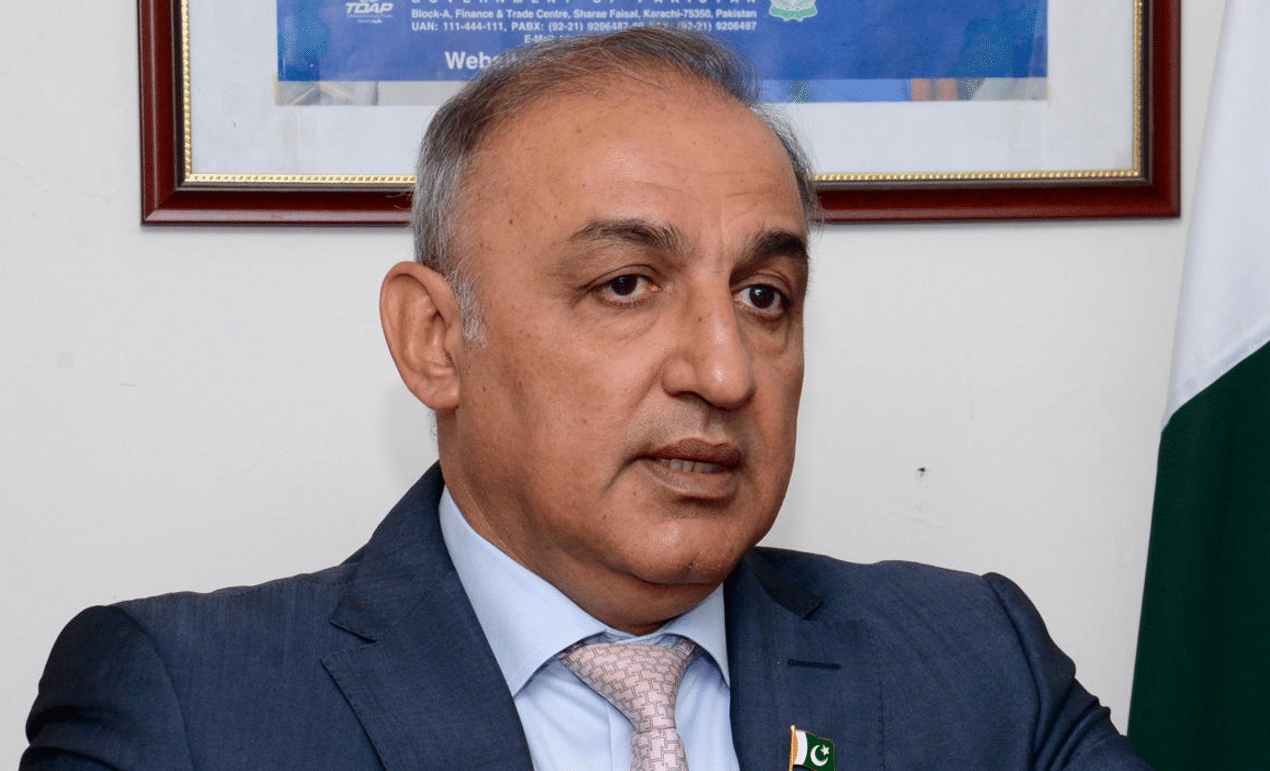



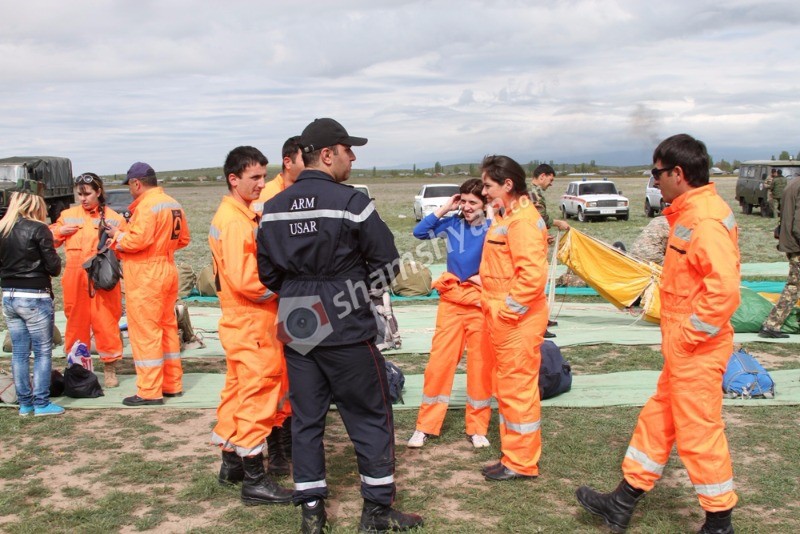
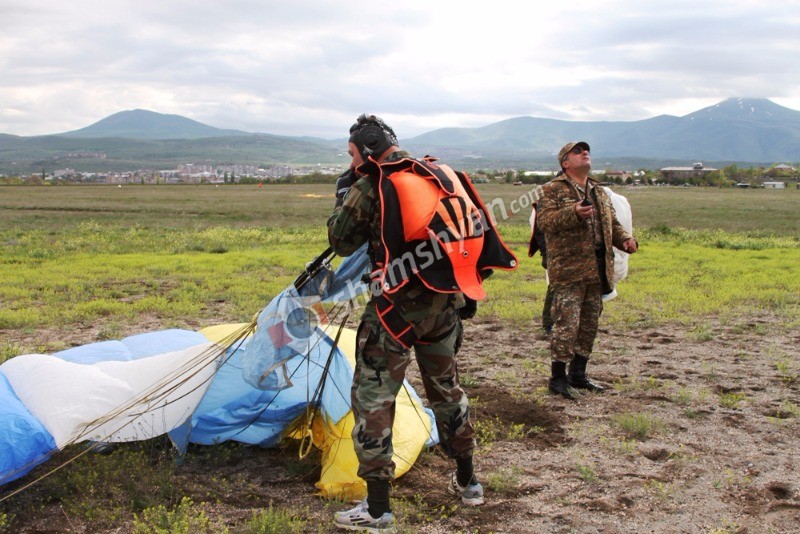
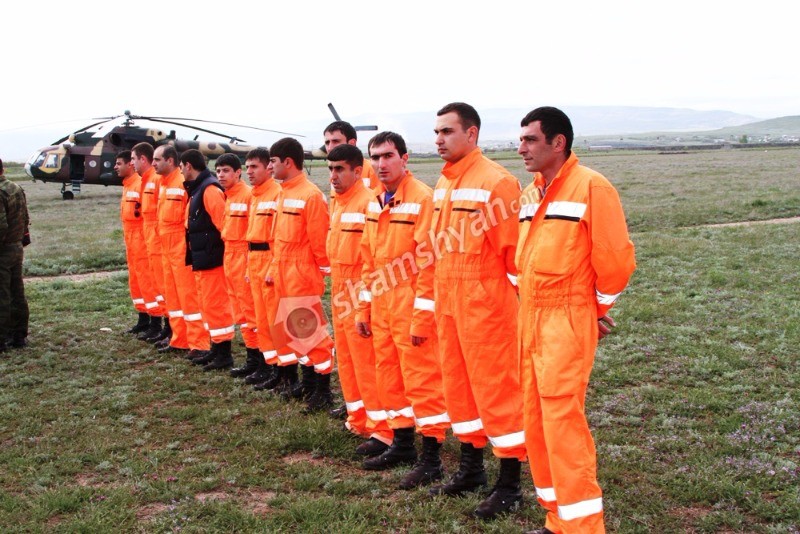
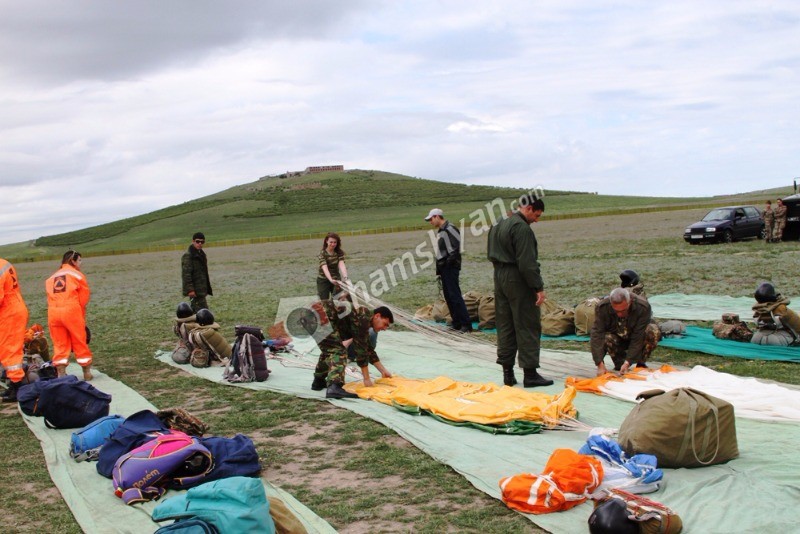
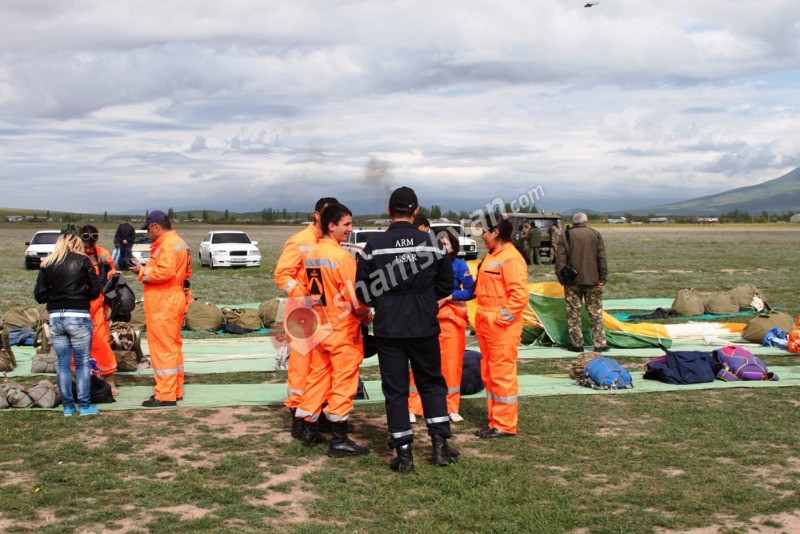
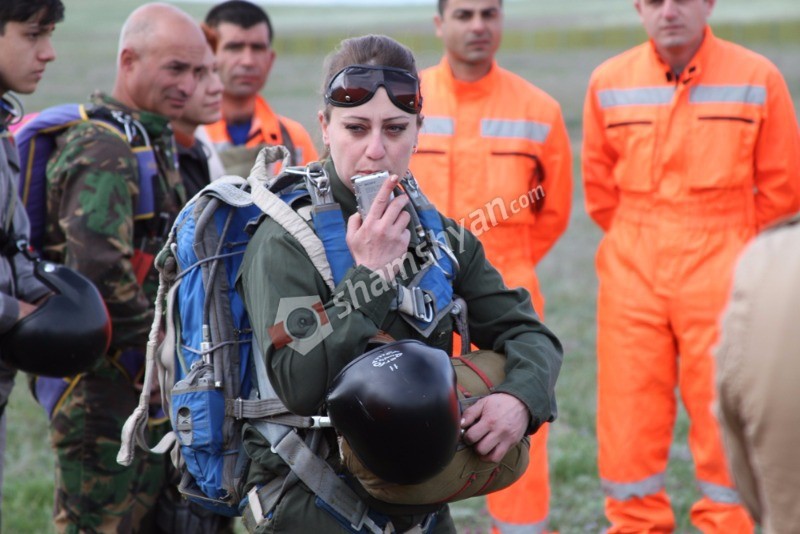
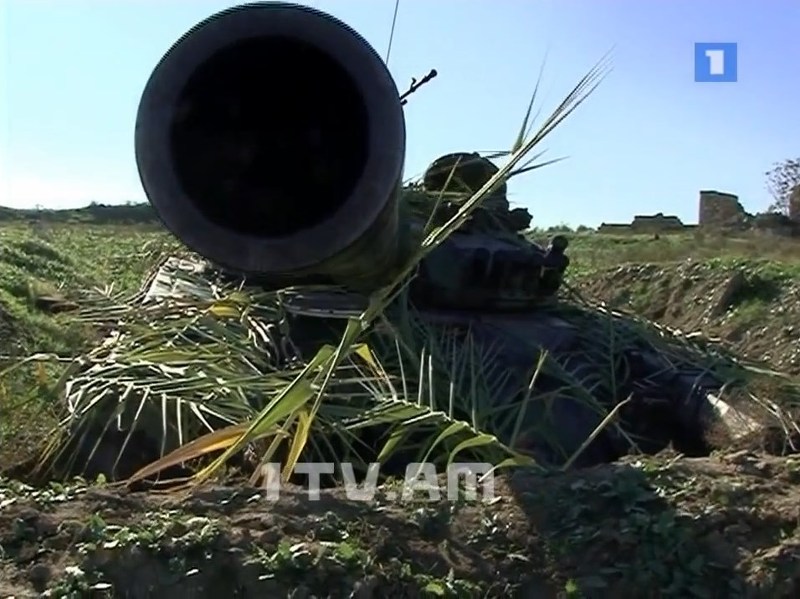
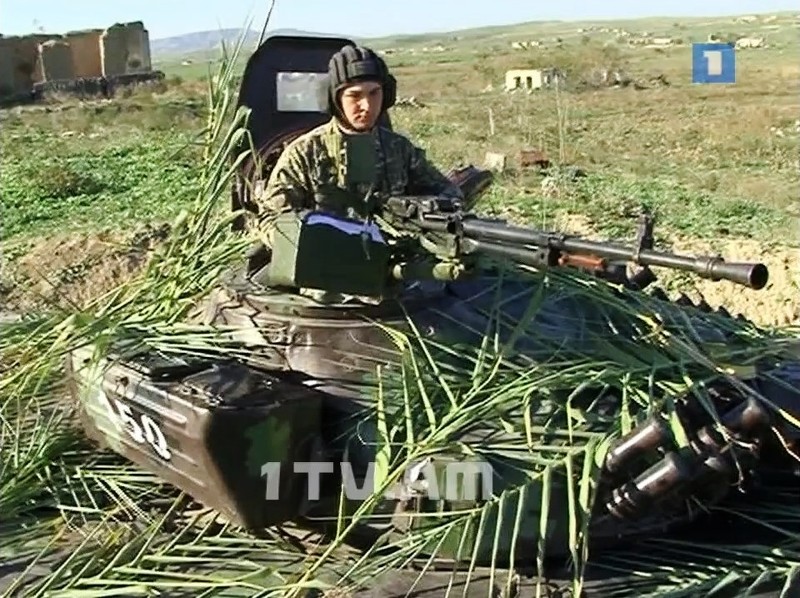
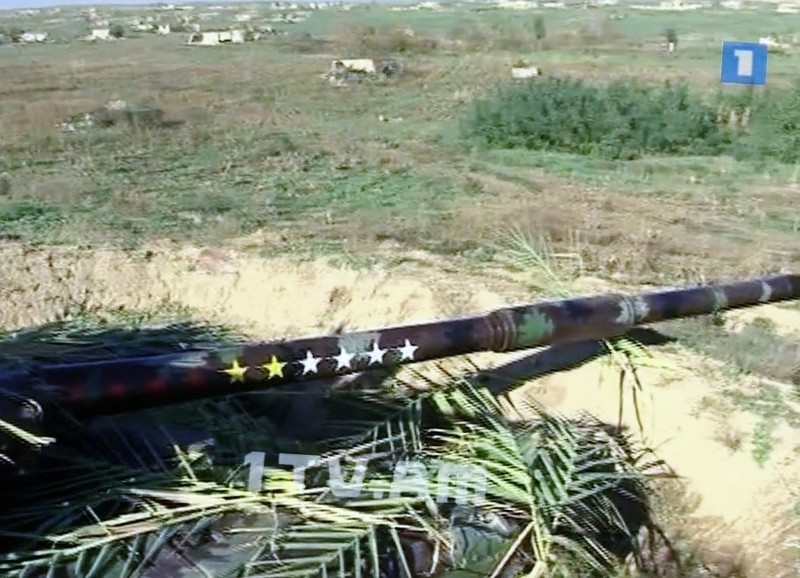
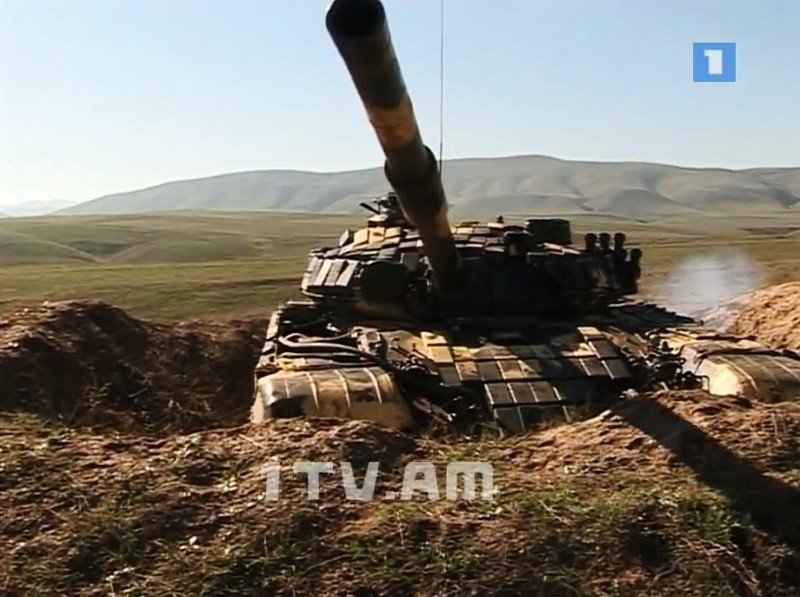
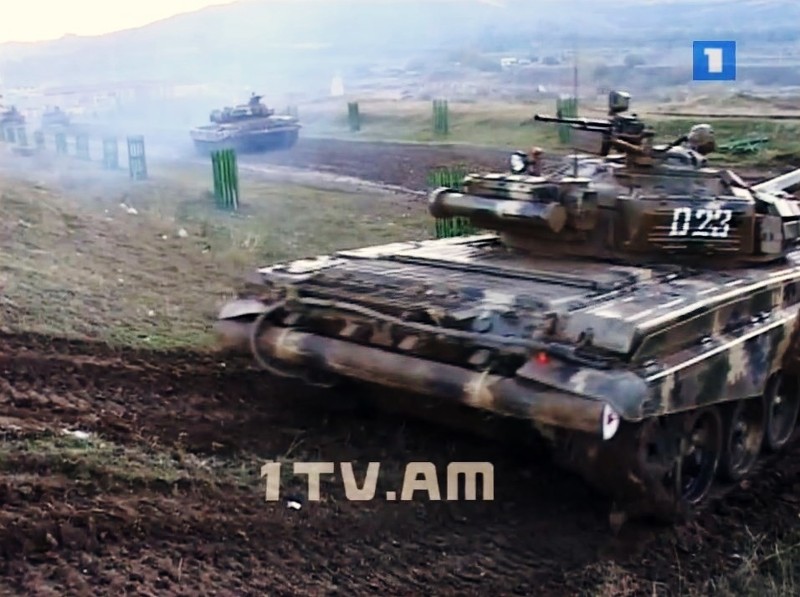
Comment